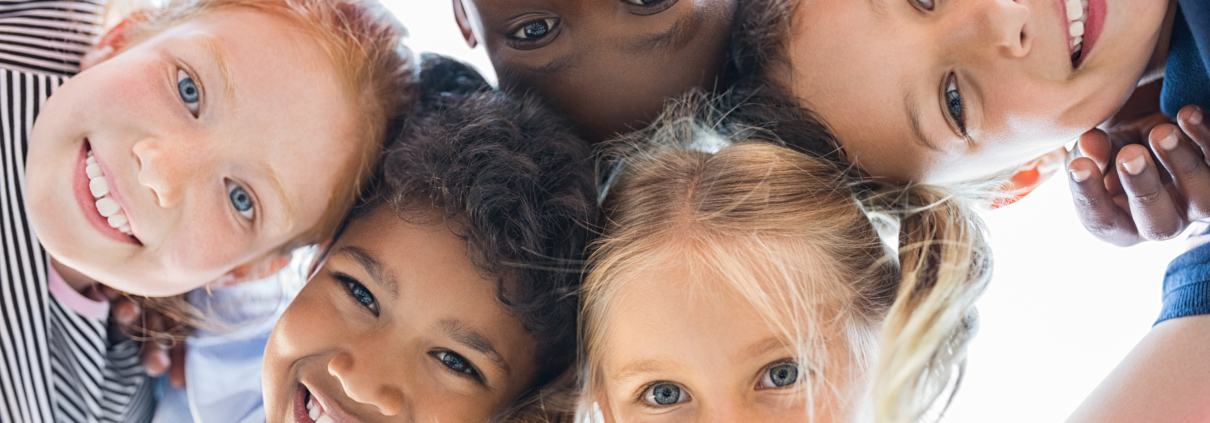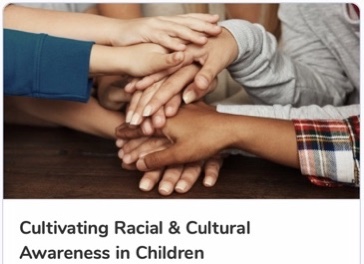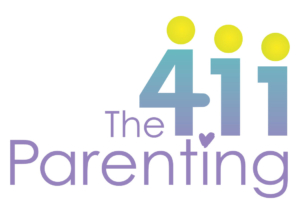Celebrating and Teaching Children about Race and Culture
Throughout Black History Month this year, I have been asked to speak about how to talk to children about race and racism. I've expressed one each instance, that recognition and appreciation of differences and diversity is a good starting point. When children are introduced to the elements and concepts of diversity early, parents are preparing them to become aware of the “biases and stereotypes on their social identities and others.” Francoise Thenoux, also noted that this type of awareness also allows kids to develop critical thinking skills. Parents and even educators can assist them in identifying various social components of their identities. These include race, ethnicity, gender, culture, and family structure-just to name a few. Additionally, Thenoux recommended various ways for parents to help kids develop a social justice lens to fight injustice.
“Self-Work: Recognize Your Identities and Biases”
The first step to recognize your own identity and biases is self-work. As a parent, you should acknowledge and recognize your own implicit biases and “develop a perspective in which you see identities with an intersectional lens.” At your leisure, please listen to this TED talk by Chimamanda Ngozi Adichie, a novel storyteller and novelist. Ms. Adichie describes how she found her authentic cultural voice. As an adult, your goal should be to deconstruct your biases while dwelling on their impact.
“Helping Kids Recognize Their Own Identities and Biases”
Once parents recognize their own biases, it would be great to teach their kids to really value all aspects of their identities and recognize, accept and celebrate the identities of others. You can certainly help your kids identify similarities and even differences among people. You can encourage them to appreciate diversity, help them develop a respectful attitude toward various identities and “give them tools to build bridges of connection and understanding with anyone.” If you are a parent, educator, or both, a little research can help teach kids to appreciate diversity. As an educator, it would also be helpful to determine your students’ ethnicities, cultural backgrounds, family structure and gender identity-as well as the different “social identities that they may have been exposed to.” According to Thenoux, Anti-Black or anti-Asian biases, homophobia, misogyny, machismo and anti-immigrant attitudes can be very pervasive.
“How Picture Books Can Help”
A different way to initiate this conversation with children is through pictures and picture books. According to Rudine Sims Bishop, a multicultural literacy educator said diverse books are necessary. Kids should see themselves in them and they should see other people and their worlds. Lack of diversity and representation is a serious problem in kid’s literature publishing since the industry has such strong reflections of the dominant biases and privileges in our world today. However, many parents, teachers, librarians, and authors are advocating for diverse literature at schools. In school districts, you can now find many books with diverse authors. These books can spark children’s interests and help celebrate different identities and value their own.
Other ways parents can teach their children about exploring various cultures:
- Teach the Language- teaching kids to be bilingual or even multilingual has several advantages. Language is very powerful and it can provide enhanced insight on family history, stories and especially traditions.
- Celebrate Holidays and Traditions- the importance of holidays and traditions spans across most cultures. Parents can help teach their kids about different holidays and traditions to help them understand that their personal traditions may be different than their friends at school.
Sources: Raising the Future: Teaching Kids How to Celebrate our Differences & Celebrate Tradition and Cultural Awareness with Young Children




